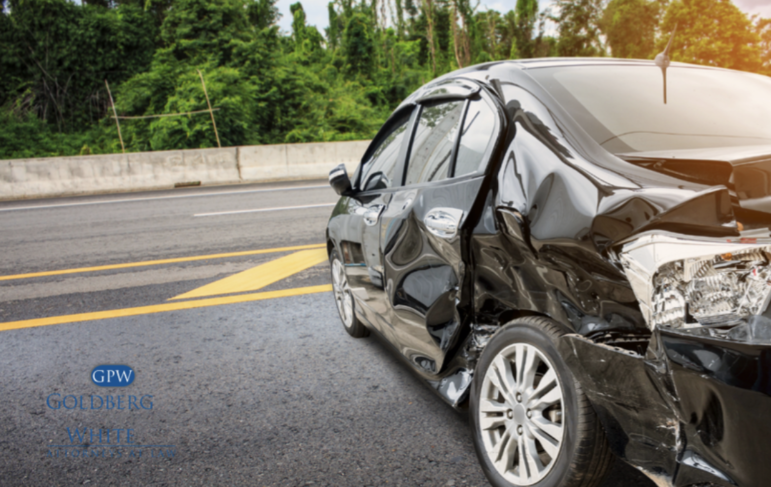Rights to Vehicle Accident Compensation in Pennsylvania
If you’re in a car accident in Pennsylvania, the initial collision causes the car to bend, buckle, and fold as it hits another solid object. This can be very traumatic for all parties involved in the accident. What type of financial compensation can you expect for a vehicle accident?
At-Fault or the No-Fault Insurance States
In at-fault insurance states, you will receive compensation from the responsible driver’s insurance company. In a no-fault insurance state, you will recover compensation from your own insurance company under your personal injury protection coverage (PIP), regardless of who caused the accident.
Pennsylvania is one of few states that allows for a “choice no-fault” insurance system. Drivers can choose between carrying “no-fault” insurance and fault-based insurance. In most cases, you will be considered under no-fault laws to recover compensation from your own insurance company after an accident.
When the other driver is at fault and severe injury is the result, you can claim directly against the at-fault driver.
It’s essential to keep in mind that you only have a certain amount of time to file a claim. The period to file varies from state- to -state. In Pennsylvania, you have two years to bring an action to recover damages for your injuries after a car accident.
Comparative Negligence
A person can still receive compensation in Pennsylvania even if they are partially at fault for an accident. However, the amount they receive will be reduced based on the amount of responsibility they have for the accident. For example, if a person is awarded $75,000 in damages for an accident but is found to be 30percent at fault, they will only receive $53,500 in total compensation.
Economic and Non-Economic Damages
There are two types of damages a person can receive after a car accident in Pennsylvania: economic damages and non-economic damages. Economic damages can be calculated and occur as a result of injury or property damage. Economic damages can include:
- Medical bills related to the accident. Medical bills include services that you have received and products that you have purchased to treat your injury, such as:
Any hospital care you required, including but not limited to emergency care, and doctor appointments. Medical bills also include chiropractor visits, work done with a physical therapist, crutches, braces, or bandages, etc.
Such expenses are all medical expenses that are usually paid for or reimbursed by the insurance company. The total amount of medical expense is a crucial figure because it is often used as a benchmark for determining your total damages.
- Lost wages and benefits if the accident victim can’t work. Wages and benefits include the uncompensated time you took from work because of your injury. Calculated wages are based upon what you would have earned if you weren’t injured. If you are no longer able to make as much money as before the accident, then include the lost earning capacity in your claim.
- Vehicle repair or vehicle replacement costs. If your vehicle is wrecked in the accident, your insurance company will either pay for repairs or “total” out your car. When the insurance company totals a vehicle, the car is considered a complete loss and the insured is paid cash value for the car. The actual cash value (ACV) equals the cost to replace the vehicle with a vehicle of like kind and quality, subtracting an amount that accounts for the totaled vehicle’s depreciation (age,wear and tear,etc.).
Non-economic damagesare the subjective costs of an accident and can include:
- The physical pain a victim has as a result of injury.
- Emotional distress a person experiences due to their injuries and the accident. If the accident and resulting bodily injury are serious enough, you may be suffering from anxiety, fear, or even post-traumatic stress disorder (PTSD).
- Loss of love or companionship due to the injuries. Loss of companionship covers loss of companionship, sexual relations, aid and comfort, love, and partnership.
Suppose you have been involved in an accident and sustained injuries due to another driver’s negligence. In that case, consider seeking legal counsel from Goldberg, Persky & White today!
Sources:
David Goguen, “Pennsylvania Car Accident Laws.” [link]
“Election of tort options.” Pennsylvania Statutes Titles 75 Pa C.S.A. Vehicles 1705 [link]
“Judiciary and Judicial Procedure 5524.” Pennsylvania Statutes Title 42 Pa C.S.A. [link]




